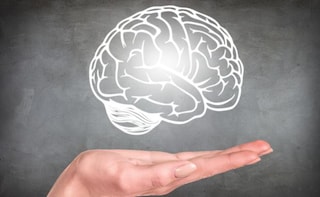Ever taken moment to wonder the amount of time you could be spending on the social media? Well, it's time you do. The urge to check the notifications, or just surfing the newsfeed of Facebook, Twitter and Instagram may be taking abnormal amounts of your daily routine. This compulsive and problematic overuse of social media could be an invitation to a brain imbalance. As per the new study published in the Journal of Management Information Systems, higher rate of use of Social Networking sites can lead to an imbalance between two cognitive-behavioural systems in the human brain.Humans have two different mechanisms in their brain that influence their decision-making, explained Hamed Qahri-Saremi, with the help of this dual system perspective, an established theory in psychology and neuroscience, researchers were led to their set of conclusions linking abnormal use of social networking sites and cognitive imbalance.
Advertisement
For the latest food news, health tips and recipes, like us on Facebook or follow us on Twitter and YouTube.
Advertisement
